ISLAMABAD, Jan 20: A Supreme Court bench hearing a case relating to Sharif brothers’ candidature in a by-election questioned on Tuesday the petitioners’ right to argue before it when they had withdrawn their petitions from the Lahore High Court.
“You have been arguing for seven days, but what is your locus standi when you have not even mentioned the order against which the proposer and seconder of PML-N chief Nawaz Sharif have come in appeal before us, and especially when they had withdrawn their cases in the high court,” observed the bench comprising Justice Mohammad Moosa K. Leghari, Justice Syed Sakhi Hussain Bukhari and Justice Sheikh Hakim Ali.
The counsel representing Mehr Zafar Iqbal and Shakil Baig, the proposer and seconder of Mr Sharif’s candidature, said they would try to convince the court on the matter. They said they withdrew their earlier cases after the main petition had come before the high court.
The bench and the counsel, Mohammad Akram Sheikh and A.K. Dogar, spent considerable time discussing the legal right of the petitioners to argue the case before the court.
Mr Dogar said three sets of nomination papers proposing and seconding Mr Sharif had been accepted by the returning officer. When the nomination was challenged before the high court, all the sets were filed before it and now the one on the top on record was before the Supreme Court.
Justice Leghari took exception to statements made by the counsel outside the courtroom to television channels and observed: “We have been told by relatives through phone calls” that the statements were threatening and aimed at inciting people against the judiciary.
Citing a book, Judicial Review of Public Actions by Justice (retd) Fazal Karim, which had also been referred to by the Supreme Court in the Iqbal Tikka case to validate the imposition of emergency on Nov 3, 2007, by former president Pervez Musharraf as chief of the army, Mr Dogar argued that martial law governments always pressurised superior court judges.
Justice Leghari asked the counsel whether Justice Karim had also taken oath under a Provisional Constitution Order (PCO).
It was stated that Justice Karim had joined the judiciary under a democratic government.
Advocate Dogar said that security of tenure and financial and administrative autonomy ensured judicial independence, but judges in Pakistan and India were appointed ‘on the will of the king’.
“To my mind, this system is flawed, and that is why we are fighting to change it on the streets,” he said.
He quoted from a book by Alexander Hamilton and said that in the system in place here judges were asked to take oath by dictators with a warning to comply or be ready to go home.
“In fact, the dictator takes control over the basic will of judges by asking them to take oath of allegiance to them,” he said.
When the lawyer started translating into Urdu a sentence from the book, the court asked him if he was doing so “to make headlines”.
“You have already humiliated (us) by declaring us biased, disqualified, prejudiced and even faithless,” the bench said, adding that now the counsel wanted to use Urdu to stress the point further.
Mr Dogar said that people took to the streets in the absence of judicial independence and, sometimes, even immolated themselves as had happened recently.
He said the ‘guilt’ of abrogating the constitution had never been a valid source of lawmaking and Justice Hamoodur Rehman had stated that the doctrine often used by courts should not be used to validate actions of usurpers.
The court will resume the hearing on Wednesday.


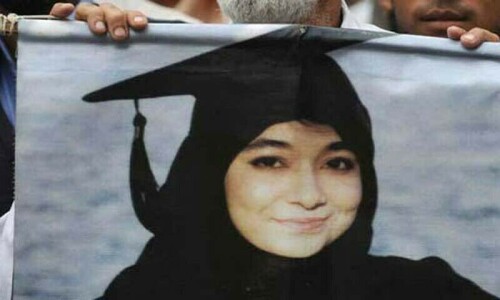












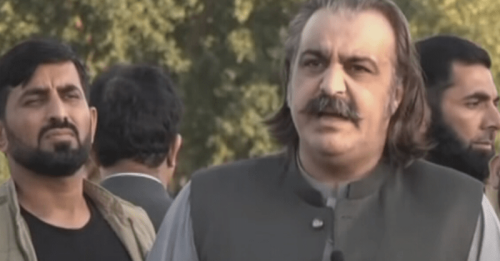

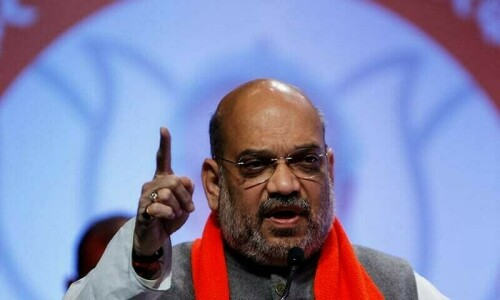
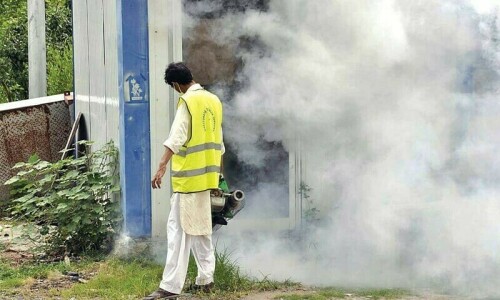
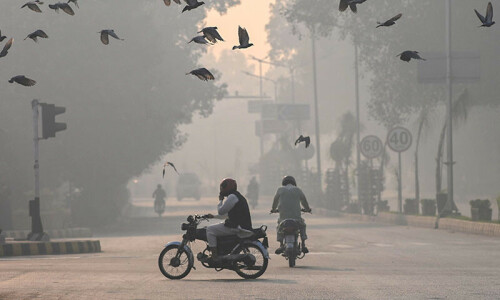



















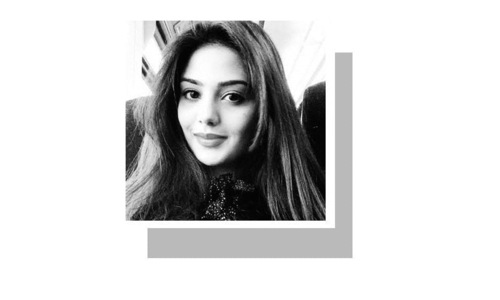
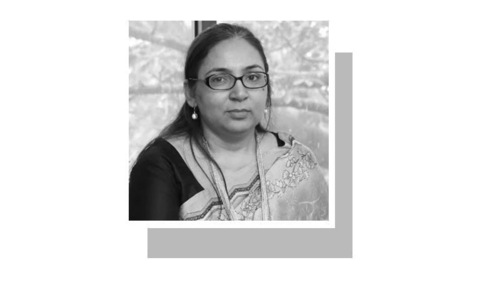
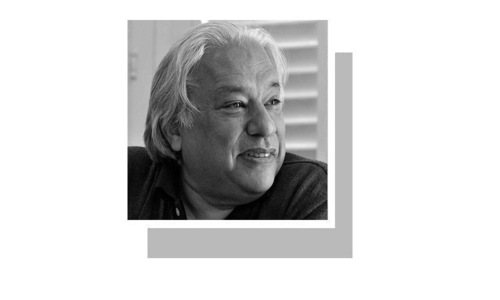

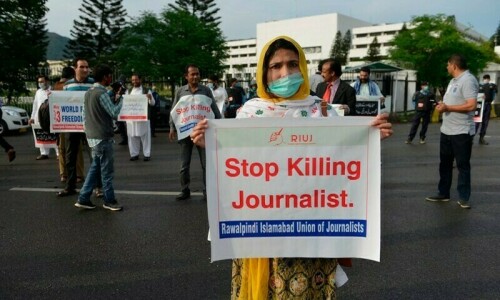


Dear visitor, the comments section is undergoing an overhaul and will return soon.